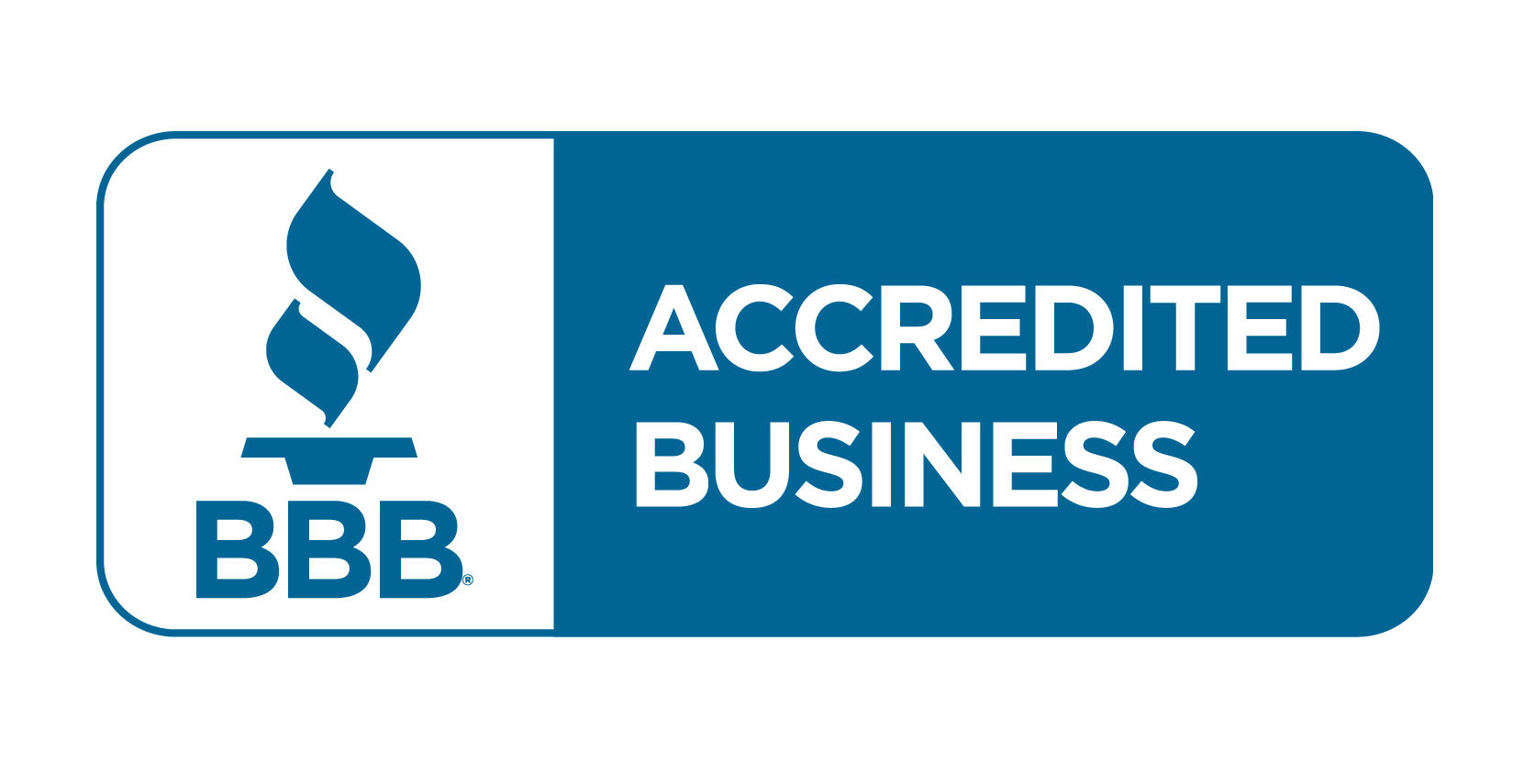Choosing the right healthcare coverage can feel overwhelming as you approach retirement age. If you're exploring your Medicare options, a Medicare Advantage plan might be the comprehensive solution you're looking for. These plans offer an all-in-one alternative to Original Medicare, combining hospital, medical, and often prescription drug coverage in a single package. You'll find various options tailored to your specific healthcare needs, from HMO plans that prioritize cost-effectiveness to PPO plans offering more flexibility in choosing healthcare providers. Understanding your choices now will help you make an informed decision about your healthcare future.
Key Takeaways:
Medicare Advantage plans combine Original Medicare benefits with additional coverage like dental, vision, and prescription drugs in one comprehensive package.
Plan costs vary significantly - while some have $0 premiums, you need to consider other expenses like copays, deductibles, and maximum out-of-pocket limits when comparing options.
Network restrictions differ between HMO and PPO plans - HMOs require staying in-network but cost less, while PPOs offer more flexibility but typically have higher premiums.
Medicare Atlanta 12461 Veterans Memorial Hwy, Douglasville, GA 30134, United States
Overview of Medicare Advantage Plans
Before selecting your health coverage, it's vital to understand that Medicare Advantage plans combine the benefits of Original Medicare (Part A and Part B) with additional coverage in one comprehensive package. These plans, offered by private insurance companies approved by Medicare, provide you with an alternative way to receive your Medicare benefits while potentially reducing your out-of-pocket costs. In 2023, approximately 30 million beneficiaries enrolled in Medicare Advantage plans, showing their growing popularity among seniors.
Inclusions and Exclusions
Behind every Medicare Advantage plan, you'll find coverage for hospital stays, doctor visits, and preventive care. Many plans include extra benefits not available in Original Medicare, such as dental care, vision services, hearing aids, and fitness programs like SilverSneakers. However, you should note that not all plans offer the same additional benefits, and some services may require prior authorization or referrals from your primary care physician.
Prescription Drug Coverage
About 90% of Medicare Advantage plans include prescription drug coverage (Part D), eliminating the need for a separate drug plan. Your prescription coverage typically follows a tier system, where different medications have different copayments based on their classification as generic, brand-name, or specialty drugs.
Further exploring your prescription drug benefits, you'll find that most plans maintain a network of preferred pharmacies where you can obtain medications at lower costs. Your plan's formulary (list of covered drugs) may change annually, so it's beneficial to review your coverage during the Annual Enrollment Period to ensure your medications remain covered at the most favorable rates.
Types of Medicare Advantage Plans
You have several options when choosing a Medicare Advantage plan, each designed to meet different healthcare needs and preferences. Here are the main types of plans available:
Health Maintenance Organization (HMO) Plans
Preferred Provider Organization (PPO) Plans
Private Fee-for-Service (PFFS) Plans
Special Needs Plans (SNPs)
Medicare Medical Savings Account (MSA) Plans
Plan Type Key Features
HMO Network restrictions, primary care physician required, lower costs
PPO More flexibility, higher premiums, no referrals needed
PFFS Choose any provider that accepts plan terms, variable costs
SNPs Specialized care for specific conditions or circumstances
MSA High-deductible plan with medical savings account
HMO Plans
Beside the standard Medicare benefits, HMO plans typically offer additional coverage like dental, vision, and hearing services. You'll need to choose a primary care physician and get referrals for specialist visits, but these plans often feature lower out-of-pocket costs and premiums, making them an attractive option for budget-conscious beneficiaries.
PPO Plans
Above all other options, PPO plans offer you more flexibility in choosing healthcare providers. While you'll pay less when using in-network providers, you can still see out-of-network doctors without a referral, though at a higher cost-sharing rate.
A significant advantage of PPO plans is their nationwide coverage, which can be particularly valuable if you travel frequently or split time between different locations. These plans typically come with higher monthly premiums, but you'll enjoy greater freedom in managing your healthcare choices and provider selection.
Medicare Atlanta 12461 Veterans Memorial Hwy, Douglasville, GA 30134, United States
Assessing Plan Options
Your journey to finding the right Medicare Advantage plan starts with a thorough evaluation of available options in your area. When comparing plans, you'll need to consider several key factors that directly impact your healthcare experience and costs. You should examine each plan's coverage details, provider networks, and additional benefits that could enhance your healthcare coverage.
Monthly Premiums
Beside your regular Medicare Part B premium, you might need to pay an additional monthly premium for your Medicare Advantage plan. While some plans offer $0 premiums, it's important to look beyond this initial cost. You should consider that plans with lower premiums might have higher out-of-pocket costs when you actually use medical services.
Network Restrictions
After identifying plans within your budget, you need to understand the network restrictions that come with each Medicare Advantage plans. Your access to healthcare providers will vary significantly between HMO and PPO plans. With HMO plans, you're typically required to stay within the network except for emergencies, while PPO plans offer more flexibility to see out-of-network providers at a higher cost.
But before making your final decision, you should verify that your preferred doctors and hospitals are included in the plan's network. According to recent studies, the average Medicare Advantage plan includes 60% of hospitals and 74% of physicians in their service areas, making it crucial for you to check these details carefully to avoid unexpected costs or the need to change healthcare providers.
Understanding Costs and Benefits
Many Medicare Advantage plans offer comprehensive coverage that combines hospital insurance, medical insurance, and often prescription drug coverage into one convenient package. You'll find that these plans frequently include additional benefits not covered by Original Medicare, such as dental, vision, hearing aids, and wellness programs. When evaluating your options, it's important to consider both the immediate costs and long-term value these plans provide.
Deductibles and Copays
Costs for deductibles and copays vary significantly among different Medicare Advantage plans. You might encounter plans with $0 deductibles, while others may require you to meet a specific deductible before coverage begins. Your copayments will typically range from $20 to $50 for primary care visits and $30 to $75 for specialist appointments, depending on your chosen plan.
Out-of-Pocket Maximums
Across all Medicare Advantage plans, you'll find built-in protection through annual out-of-pocket maximums, which cap your yearly medical expenses. In 2024, these limits cannot exceed $8,850 for in-network services, providing you with financial security and predictability in your healthcare spending.
The maximum out-of-pocket limit serves as your financial safety net, ensuring that once you reach this threshold, your plan covers 100% of your covered medical services for the remainder of the calendar year. Your specific plan may set a lower limit, which could make it a more attractive option if you anticipate needing frequent medical care.
Factors to Consider When Choosing a Plan
Keep these necessary factors in mind when selecting a Medicare Advantage plan that best suits your healthcare needs and budget. Your choice will impact both your medical care access and out-of-pocket expenses throughout the year. This decision requires careful evaluation of several key elements, including your personal health requirements, provider networks, and cost considerations.
Monthly premium costs and deductibles
Prescription drug coverage needs
Provider network restrictions
Additional benefits offered
Plan ratings and customer satisfaction
Personal Health Needs
Needs assessment should be your first step in selecting a Medicare Advantage plan. Consider your current health conditions, medications, and the frequency of your doctor visits. Your specific health requirements will help determine which plan type and coverage level best matches your situation.
Availability of Providers
Along with evaluating your health needs, checking the plan's network of healthcare providers is necessary. You'll want to confirm that your preferred doctors, specialists, and hospitals are included in the plan's network to avoid higher out-of-pocket costs for out-of-network care.
In fact, research shows that approximately 40% of Medicare Advantage enrollees switch plans during their first year due to provider network issues. Before finalizing your choice, you should verify that your current healthcare providers participate in the plan's network and understand any referral requirements for specialist visits.
Resources for Finding the Right Plan
Unlike traditional Medicare, finding the right Medicare Advantage plan requires careful research and comparison of multiple options available in your area. You'll need to evaluate different carriers, plan types, and coverage levels to find the best fit for your healthcare needs and budget. The good news is that you have several reliable resources at your disposal to help make this important decision.
Medicare Website
For the most comprehensive and up-to-date information about Medicare Advantage plans, you can visit Medicare.gov's Plan Finder tool. This official platform allows you to compare plans side by side, view star ratings, and explore coverage details specific to your zip code. You can enter your current medications and preferred healthcare providers to see which plans best match your needs, with the website updating its information annually during the enrollment period.
Local Brokers and Agents
Brokers and licensed insurance agents in your area can provide personalized guidance through the selection process, offering insights about local healthcare networks and plan performance. These professionals work with multiple insurance carriers and can explain the nuances between different plans, helping you understand how each option might affect your healthcare experience and budget.
To make the most of working with a broker or agent, you should prepare a list of your current medications, preferred doctors, and any specific healthcare needs you want to address. Your agent can then match these requirements with available plans in your area, potentially saving you hours of research while ensuring you don't overlook important benefits or restrictions.
Final Words
Taking this into account, selecting the right Medicare Advantage plan requires careful consideration of your specific healthcare needs, budget, and lifestyle preferences. By evaluating factors such as prescription drug coverage, provider networks, and out-of-pocket costs, you can make an informed decision that provides comprehensive coverage while maintaining financial stability. Your choice today will significantly impact your healthcare experience in the years to come.
Whether you opt for an HMO's structured approach or a PPO's flexibility, the key is finding a plan that aligns with your medical requirements and financial circumstances. Your local Medicare experts at Medicare Atlanta can guide you through the selection process, ensuring you understand all available options and make the most suitable choice for your healthcare journey. Take advantage of their expertise to secure a plan that offers the protection and peace of mind you deserve.
Medicare Atlanta 12461 Veterans Memorial Hwy, Douglasville, GA 30134, United States
FAQ
Q: What additional benefits do Medicare Advantage plans offer beyond Original Medicare?
A: Medicare Advantage plans typically offer extra benefits not included in Original Medicare, such as dental care, vision services, hearing aids, and fitness memberships. Many plans also include prescription drug coverage (Part D) and may provide transportation to medical appointments. These additional services can help reduce your out-of-pocket healthcare expenses and provide more comprehensive coverage.
Q: How do I determine if my current doctors are in a Medicare Advantage plan's network?
A: To check if your doctors are in-network, you can: 1) Contact the Medicare Advantage plan directly and request their provider directory, 2) Use the plan's online provider search tool, or 3) Ask your doctors' offices which plans they accept. For HMO plans, staying in-network is important to keep costs low, while PPO plans offer more flexibility to see out-of-network providers at a higher cost.
Q: When can I enroll in or switch Medicare Advantage plans?
A: You can join a Medicare Advantage plan during your Initial Enrollment Period when you first become eligible for Medicare. Additionally, you can make changes during the Annual Enrollment Period (October 15 - December 7) or during the Medicare Advantage Open Enrollment Period (January 1 - March 31). Special Enrollment Periods may also apply in specific situations, such as moving to a new service area or qualifying for extra help.
Medicare Atlanta 12461 Veterans Memorial Hwy, Douglasville, GA 30134, United States







